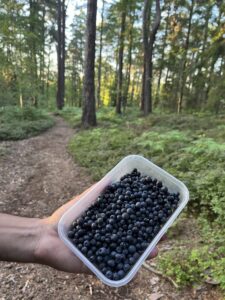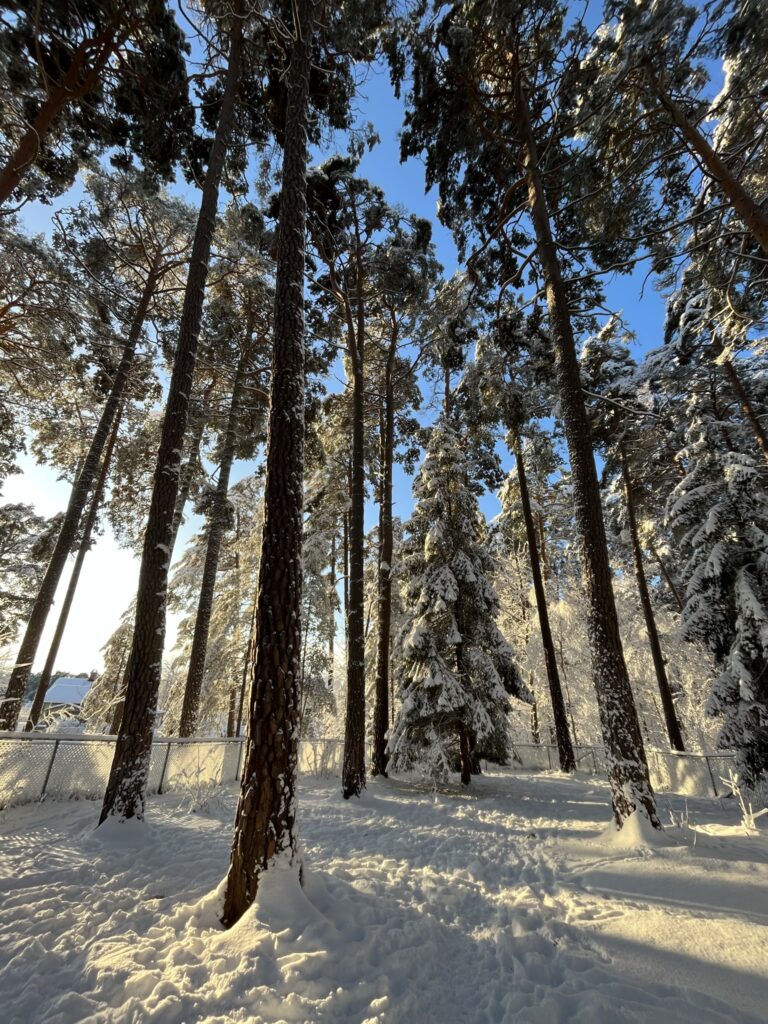Discover unique aspects of Swedish culture, from leaving shoes at the door and embracing nature year-round to Sweden’s hands-off healthcare approach, regional diversity, and love for games. Learn what makes Sweden’s lifestyle distinctive and how to connect with Swedes authentically.
Shoes Are Left at the Door
In Sweden, it’s customary to leave your shoes at the door before entering a home. Although I knew about this tradition before arriving, it was still surprising how universally it’s followed. Removing shoes keeps floors cleaner and reduces the spread of germs throughout the home. If you’re visiting someone’s house in Sweden, expect to see a pile of shoes by the entrance—and be prepared to join in! Remember to wear socks you’re comfortable being seen in, as it’s common to walk around in them indoors.
Swedes Have a Deep Love for Nature
Swedes have a remarkable connection to nature, regardless of the season. Whether it’s sunny or snowing, you’ll find people outdoors embracing the elements. Outdoor activities are woven into Swedish culture from an early age; schools often take groups of children on hikes, immersing them in nature. Even in winter, Swedes take advantage of frozen lakes to ice skate, cross-country ski, or take quick, refreshing dips in icy waters before warming up in a sauna. Nature is readily accessible almost everywhere, which promotes a healthy and active lifestyle. The quintessential Scandinavian love of the outdoors is very much alive in Sweden.
A Conservative Approach to Healthcare
Sweden’s healthcare system leans toward a conservative, “hands-off” approach compared to some other countries. If you’re expecting strong medication for a minor illness, you may be advised to rest and recover naturally instead. Swedish healthcare providers often prefer basic treatments, reserving stronger medications for more serious conditions. This method is thought to build immunity, and it’s notable that Sweden took a similar approach during the pandemic, where masks were generally not mandated. The Swedish approach to healthcare reflects a philosophy of resilience and cautious use of medications, particularly antibiotics, to avoid resistance and superbugs.
Building Friendships Takes Time
While Swedes are friendly and approachable, making deep friendships may take time for newcomers. Having previously lived in Germany, I find that Swedes generally have a more cheerful demeanor. However, culturally, Swedes may be more reserved initially, so integrating into social circles requires patience. Once a bond is formed, however, friendships with Swedes are often loyal and lasting. Investing time in shared experiences, such as game nights, can help break the ice and foster meaningful connections.
Regional Differences in Culture and Dialect
Sweden, like most countries, has regional diversity that influences both dialects and customs. People from Stockholm, for instance, might come across as more reserved compared to those from other parts of the country. It’s important to keep in mind that experiences and interactions may vary depending on where you are. Sweden’s cultural and linguistic diversity means there is always something new to learn and appreciate from one region to the next.
Games Are a Social Staple
A love for games is a unique aspect of Swedish social life. Games serve as a way to get people talking, laughing, and enjoying each other’s company. Kubb, a traditional Swedish game involving wooden sticks, is popular during the summer and encourages friendly competition. In general, playing games seems to be an enjoyable way for Swedes to relax and create a comfortable social atmosphere. This light-hearted approach to gatherings helps people get to know each other and fosters a relaxed, welcoming environment.
A Strong Connection to the Sea
Swedes are closely connected to the water, a cultural trait evident in their cuisine and lifestyle. Seafood is a staple, with shrimp and canned fish readily available in stores. Swedes also have a taste for salty licorice, which may reflect the influence of the sea. During summer, seagulls are a common sight near Stockholm’s coastal areas, even displaying some bold behavior when food is nearby. Fishing and sailing are popular activities, and many Swedes own boats or enjoy spending time on lakes and the ocean. The country’s affinity for the water is unmistakable, revealing yet another layer of Swedish culture tied to nature.
Overall, I’ve truly enjoyed discovering Sweden and its unique quirks. Each aspect of Swedish life—from its deep-rooted love of nature to its social customs—offers fascinating insights into a culture that feels both refreshing and meaningful.

